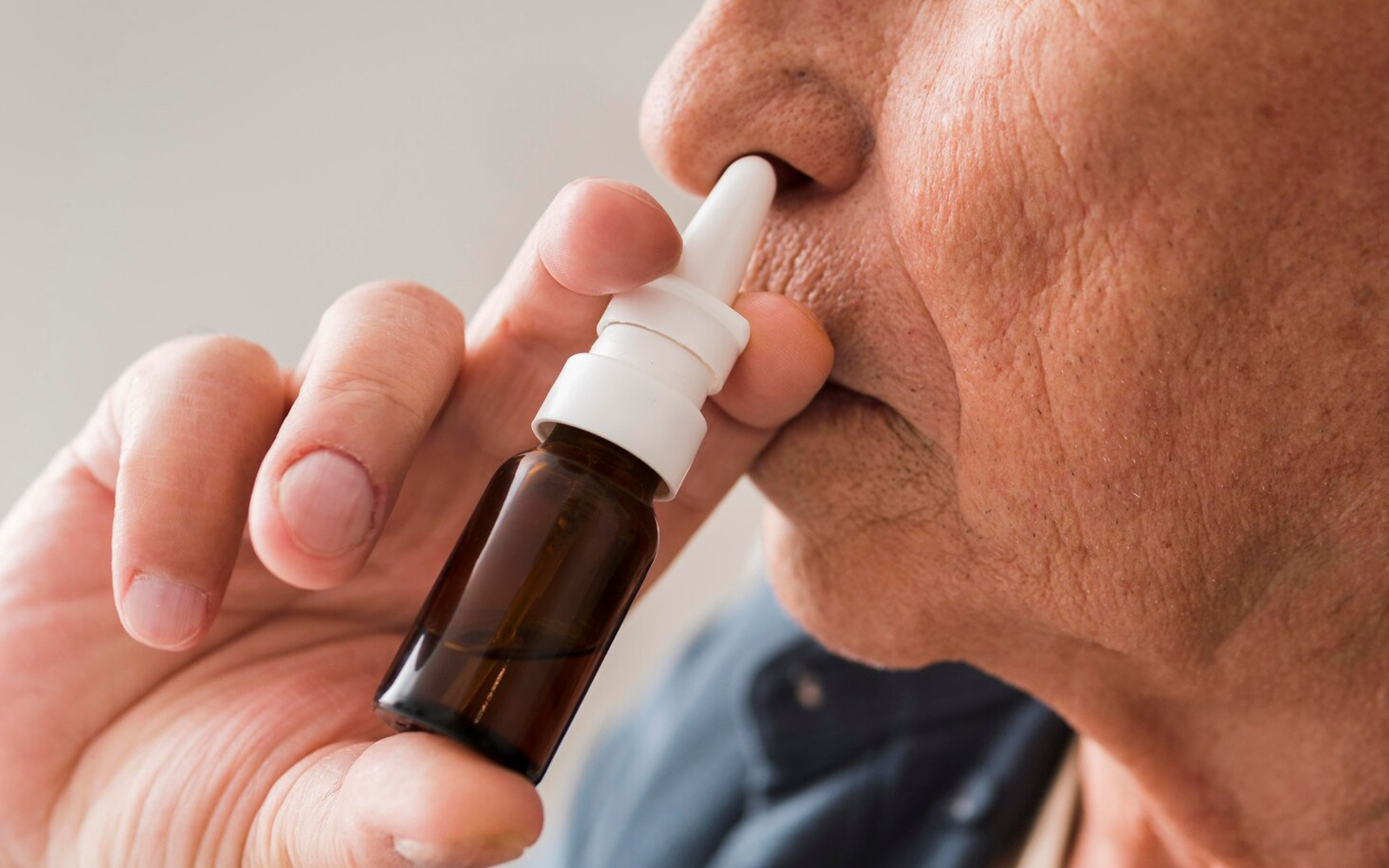
Vitamin D deficiency can be compensated through diet or supplements. Many agree that vitamin D plays a role in strengthening the immune system and may help prevent autoimmune and gynecological diseases.
You should aim to consume at least 2,000 IU of vitamin D daily, either through food or supplements. If you prefer not to take daily pills, it’s still important to monitor your vitamin D intake.
Why Take Vitamin D?
Vitamin D deficiency is linked to the development of numerous diseases. Conditions such as cardiovascular disease, cancer, diabetes, autoimmune disorders, metabolic syndrome, and infections have been associated with low vitamin D levels.
Inadequate Vitamin D from Sunlight
Do you spend time in the sun? It’s worth noting that before you get sunburned, your body can produce 15,000 to 20,000 IU of vitamin D. However, regular tanning (whether in winter or summer) is not a reliable way to maintain adequate vitamin D levels and isn’t recommended for preventing deficiency.
From October to March, the UVB radiation levels in many regions are too low to produce enough vitamin D in the skin, meaning that during the fall and winter months, sunlight is not sufficient to meet your vitamin D needs.
Misconceptions About Vitamin D from Diet
It’s a misconception that diet alone can replace vitamin D lost in winter. While some foods provide vitamin D, they may not be enough. The main dietary sources are seafood, liver, and eggs.
Dietary Comparison
For example, 100 grams of wild salmon, the richest source of vitamin D, contains 600–1,000 IU. In contrast, farmed salmon only provides 100–250 IU per 100 grams, and canned salmon has 300–600 IU.
One egg yolk gives just 20 IU of vitamin D, while a large glass of milk (226 grams) provides only 100 IU.
How Much Vitamin D Should You Take?
For children under two, a daily intake of 500 IU of vitamin D is recommended. Adults should aim for a regular intake as well. From October to March, adults are advised to take at least 2,000 IU of vitamin D daily.
For adults at risk of vitamin D deficiency (see below), year-round supplementation may be necessary. It’s crucial to consult your doctor regarding your vitamin D needs.
Recommended Dosage
- For healthy adults: 2,000 IU daily from October to March.
- For those at higher risk of deficiency, continuous year-round supplementation may be necessary.


